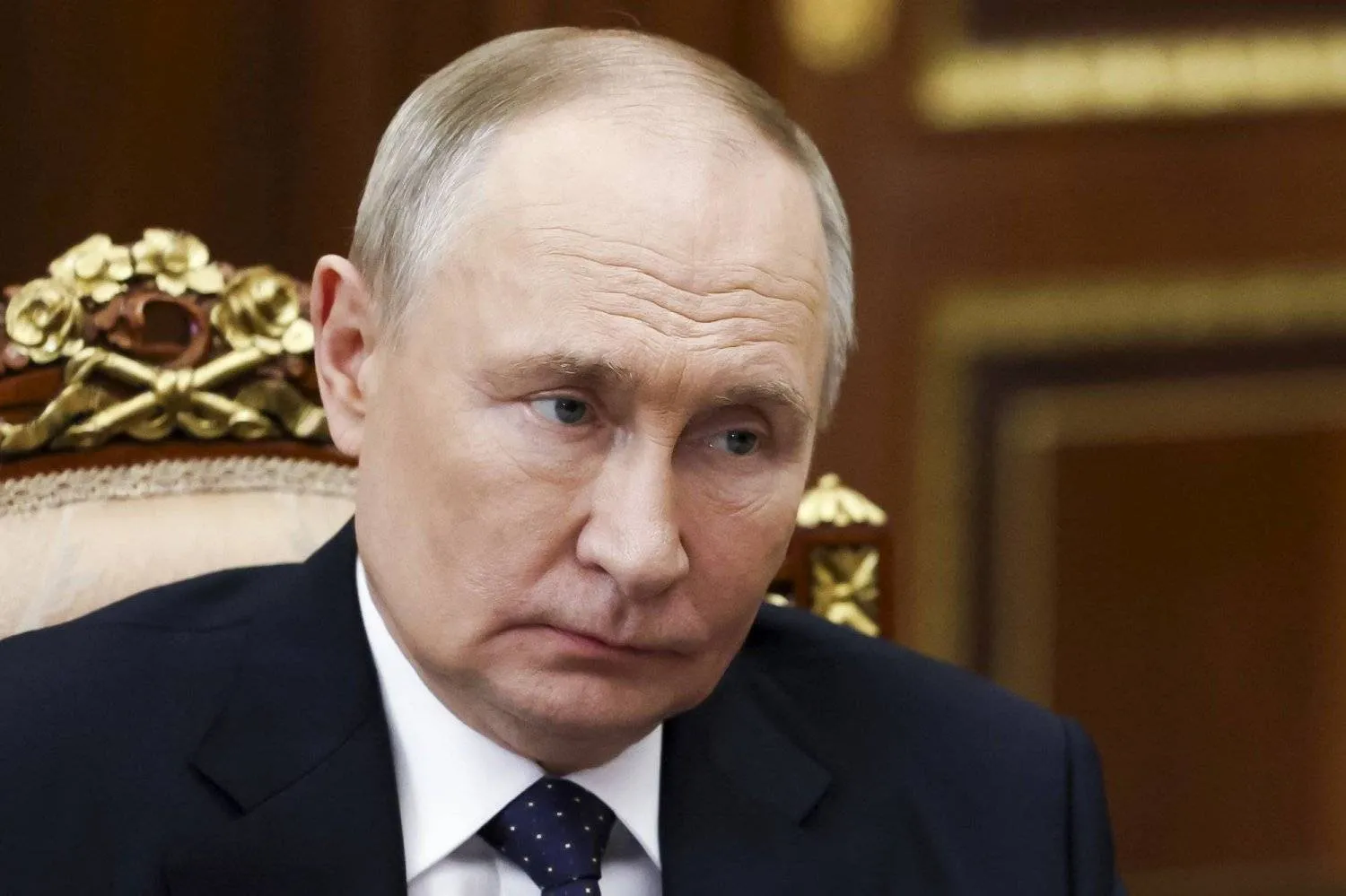Russian President Vladimir Putin and Iraqi Prime Minister Mohammed Shia al-Sudani on Thursday discussed the importance of coordination between OPEC and OPEC+ members on oil price stability in a manner that guarantees fair prices for exporters and consumers.
Putin held a phone call with al-Sudani during which they discussed the OPEC+ oil agreement and the situation in the Middle East, the Kremlin said.
The telephone conversation came days prior to an OPEC+ key meeting expected early next month.
Reuters said that OPEC+ may push back output increases again when it meets on Dec. 1 due to weak global oil demand, according to three OPEC+ sources familiar with the discussions. Ministers last shelved the increase for a month when they met virtually on Nov. 3.
In a statement, the Kremlin on Thursday said Putin and Al-Sudani touched upon various aspects of coordination as part of OPEC+, a format that helps maintain stability in the global oil market, and reaffirmed the importance of continuing to coordinate steps in this format.
The Middle East issues were also mentioned in light of the unprecedented escalation of tensions in the region, it added.
The parties also agreed on further contacts at various levels, the statement said.
Later, Al-Sudani’s office said the phone call touched on energy-related matters, highlighting the importance of coordination among all concerned countries within OPEC and the OPEC+ group to stabilize oil and gas prices, ensuring fair pricing for both producers and consumers.









